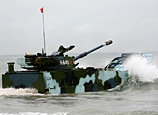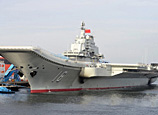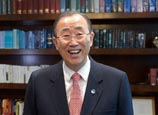
Reforms do not necessarily mean free-floating yuan, says PBOC chief
Central bank chief Zhou Xiaochuan said on Monday that the country's goal to achieve the yuan's capital account convertibility doesn't necessarily mean 100 percent convertibility or a free-floating currency.
"We shouldn't interpret capital account convertibility as a free currency, with cross-border asset transfers without control, zero financial supervision, and the internationalization of the yuan," said Zhou, governor of the People's Bank of China.
International institutions such as the International Monetary Fund didn't set up clear and unified standards to measure the openness of capital accounts, and 100 percent convertibility barely exists, Zhou said at a forum in Sanya, Hainan province.
He said China's target to open up convertibility doesn't rule out the necessity of maintaining certain existing filing procedures when entities conduct cross-border financial transactions, financial supervision, and certain capital controls to prevent money laundering and tax avoidance.
Zhou's comments followed the two-day Central Economic Work Conference, which ended on Sunday. During the conference, leaders vowed to create a general plan, road map and timetable for further reform measures, without announcing specific moves in 2013.
Liu Guangxi, director of the financial office of Yunnan provincial government, said on Monday that he believes China has already realized 70 to 80 percent of its capital account convertibility.
Earlier this year, China's top securities regulator, Guo Shuqing, a candidate to be the next central bank governor, said the full convertibility of China's currency is just around the corner, and the economy's capital account is already far more convertible than outside institutions give it credit for.

















![]()
